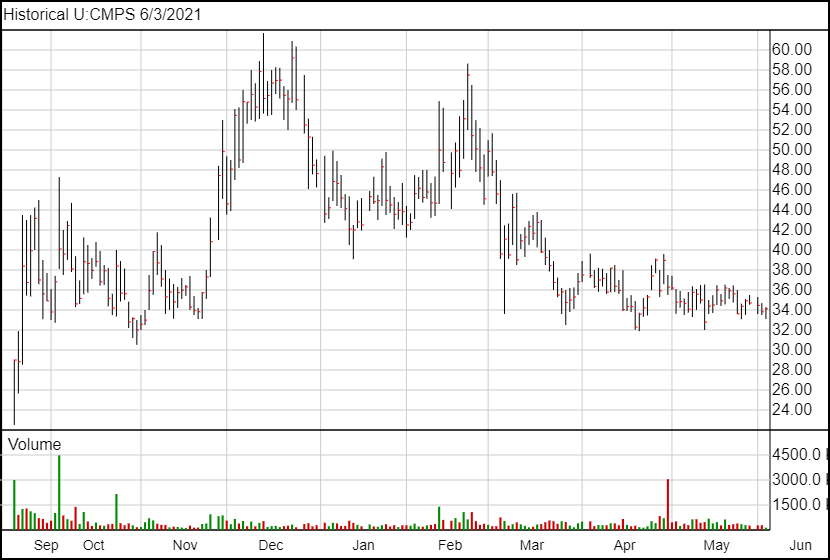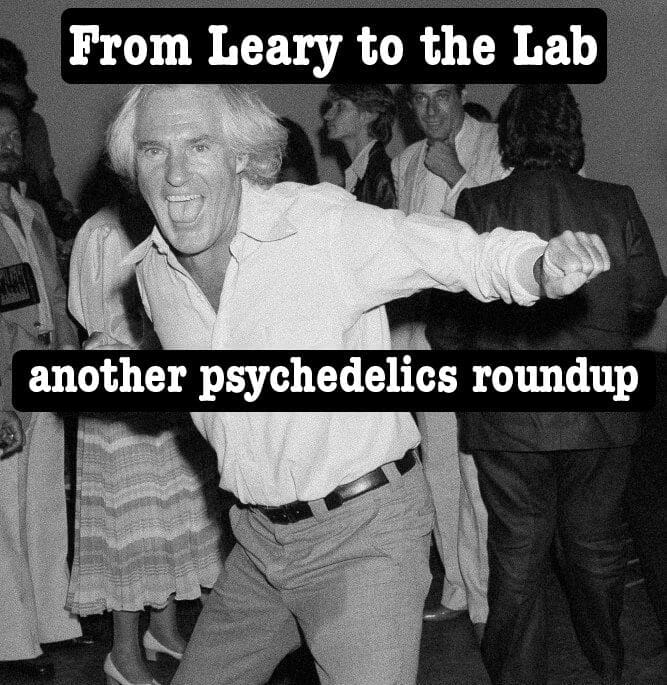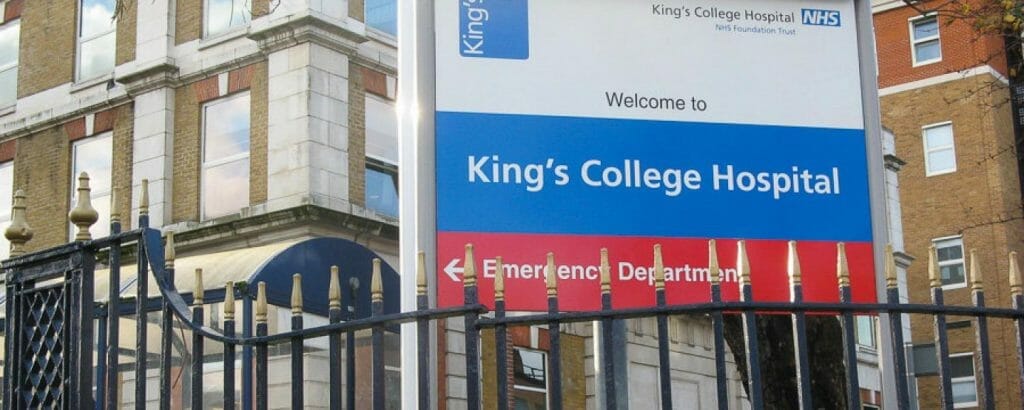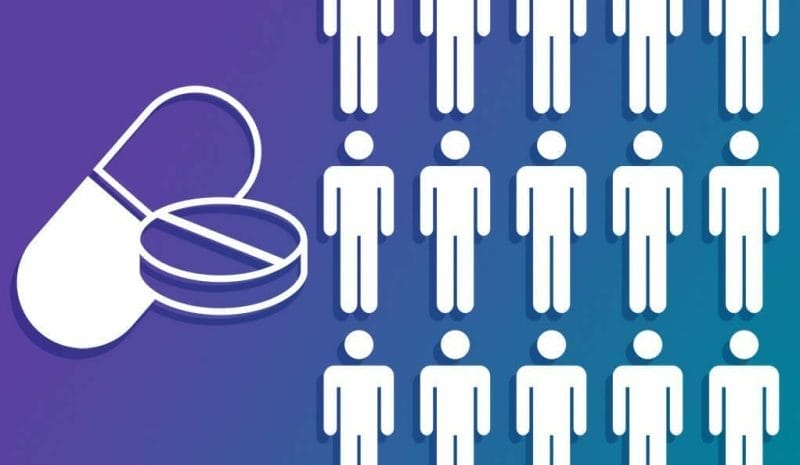COMPASS Pathways (CMPS.Q) reported further results from a Phase I study on their COMP360 psilocybin conducted at King’s College London.
The study was a randomized, double-blind, placebo-controlled study intended to study COMP360 at two doses, 10 mg and 25 mg; each psilocybin group consisted of 30 participants and the placebo control group had 29, although the control group lost 3 participants to follow up and 1 to protocol violations. The study was exploratory, so there is no p value assigned to any outcome, although the stated aim was to study psilocybin’s effect on people’s cognition.
Most psilocybin studies use patients suffering from adverse mental health effects, whereas this study recruited healthy individuals between the ages of 18-65. Participants were asked to take a baseline test, then a test at day 8, and finally a test at day 29. The results do not show any significant divergence in any of the groups, suggesting COMP360 does not negatively affect cognitive function. However, the researchers do note the study’s participants were typically highly educated, suggesting some potential issues of generalisability for the study.
The results do not show any significant divergence in any of the groups, suggesting COMP360 does not negatively affect cognitive function.
“This study is an important part of our clinical development programme of psilocybin therapy for treatment-resistant depression (TRD). The results are encouraging and we are looking forward to reporting data from our phase IIb trial of COMP360 psilocybin therapy for treatment-resistant depression (TRD) later this year,” stated Dr. Ekaterina Malievskaia, Chief Innovation Officer and Co-founder of COMPASS Pathways.
There were some other data points that are interesting enough to at least merit a short discussion. Unsurprisingly, many of the participants in both psilocybin groups experienced visual hallucinations and illusions, with small numbers in the control group also experiencing them. And while around a quarter of those in the psilocybin group experienced “Euphoric Mood”, none in the placebo group did.
However, on the negative side, the 10 mg and 25 mg groups had more than double and triple the number of headaches than the placebo group, respectively. Additionally, a fifth of the 25 mg group reported an ‘Emotional Disorder’, compared to none in the control group.
Ultimately, this is a small and exploratory study with some interesting, but not totally definitive results.
Dr. Rucker, the study’s lead scientist, stated “This study, the largest randomised placebo-controlled trial of psilocybin to date, found that COMP360 psilocybin had no clinically-relevant negative effect on cognitive function. The results of the study are clinically reassuring and support further development of psilocybin therapy for patients with mental health conditions that have not improved with existing treatments, such as TRD.”

Following the news, COMPASS Pathway’s share prices has not changed significantly.







